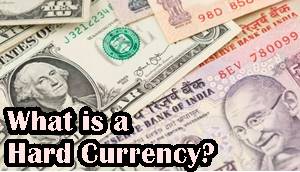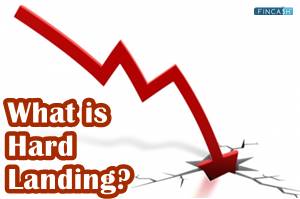Hard Currency
What is a Hard Currency?
Hard currency is the money that is issued by a politically and economically stable nation. They are broadly accepted across the world in the form of payment for services and goods and could be preferred over the domestic currency.

A hard currency is anticipated to be relatively stable throughout a short time period and to be extremely liquid in the foreign exchange or forex market. Basically, Australian dollar (AUD), Canadian dollar (CAD), Swiss franc (CHF), British pound (GBP), Japanese yen (JPY), European euro (EUR), Us dollar (USD) are some of the most tradable currencies in the world.
All of them carry the confidence of international businesses and investors as they are not prone to dramatic appreciation or depreciation. Since it has got the status of foreign reserve currency of the world, the US dollar stands out specifically.
For this main reason, several international transactions are completed in this currency. On top of that, if the currency of a country starts softening, citizens will start holding US dollars and other safe currencies to protect the wealth that they have.
Hard Currencies Example
Within the group of hard currency, the Australian and Canadian dollars are quite sensitive to commodity prices; however, they go through dips in a much better way in comparison to countries that are dependent on commodities.
For instance, the energy prices collapsing in 2014 left a negative impact on both Canadian and Australian markets, but it was even worse for the Russian ruble. Having said that, a depreciation in the currency of a country is generally because of an increase in the supply of money or the loss of confidence in the future ability caused by governmental, financial or economic concerns.
Talk to our investment specialist
An intriguing example of a soft or unstable currency is the Argentinian peso, which lost almost 34.6% of its value in 2015 against the dollar; making it the most unattractive option for foreign investors.
Mostly, the currency value is based on economic essentials, like employment and GDP. The international strength of the US dollar reflects the GDP of America, which is standing in the first position in the world.
While China is in the second position, India is on the seventh; however, neither the Indian rupee nor the Chinese yuan is regarded as the hard currency.
All efforts have been made to ensure the information provided here is accurate. However, no guarantees are made regarding correctness of data. Please verify with scheme information document before making any investment.












